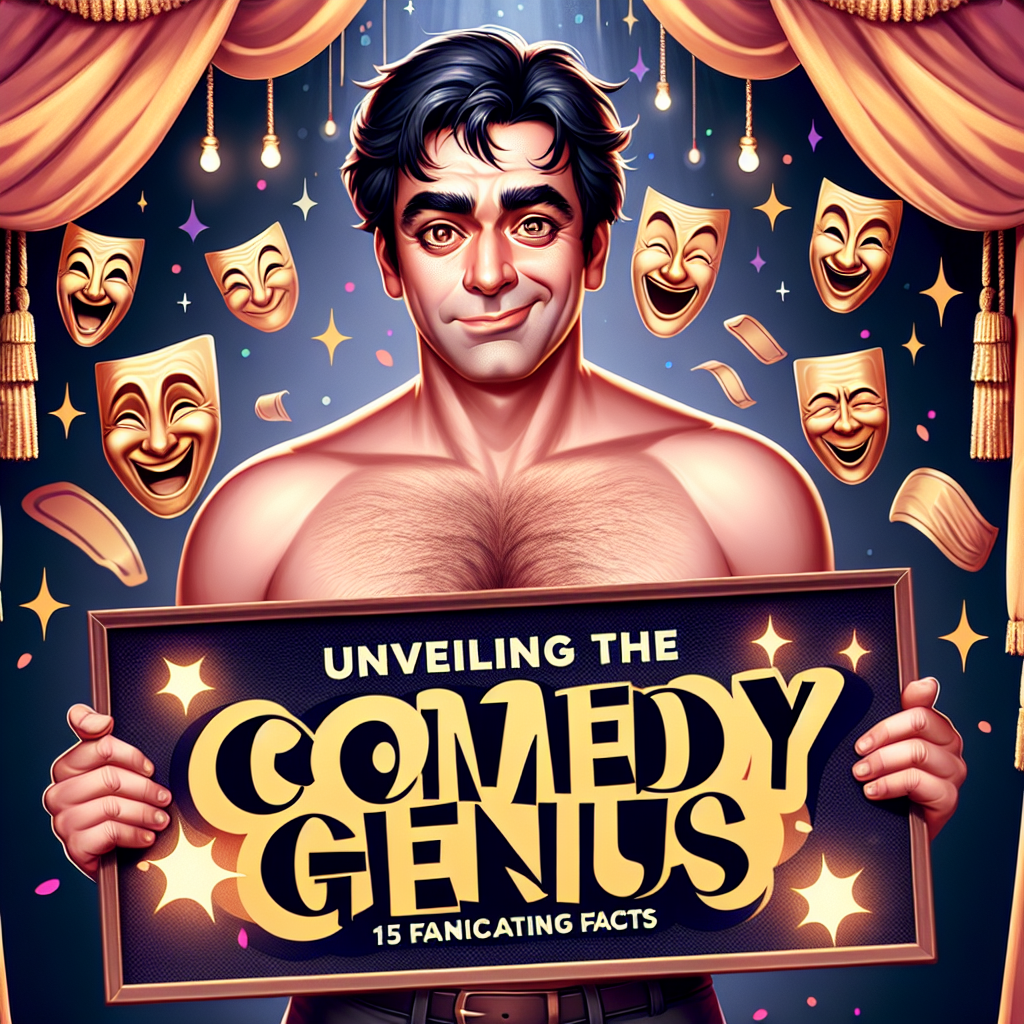Philip Seymour Hoffman was one of the most talented and versatile actors of his generation. With a career that spanned over two decades, he left an indelible mark on film and theater before his untimely death in 2014. This article delves into 15 intriguing facts about this remarkable actor, shedding light on his life, career, and legacy.
1. Early Life and Education
Philip Seymour Hoffman was born on July 23, 1967, in Fairport, New York. Growing up in a family that valued education and the arts, he was influenced by his parents, who were both acting majors in college. After graduating from high school, he attended New York University’s Tisch School of the Arts, where he honed his craft and developed a passion for acting.
2. Struggles with Addiction
Throughout his life, Hoffman struggled with addiction. He first entered rehab at the age of 22, largely due to his substance abuse issues. However, he managed to maintain his sobriety for 23 years before relapsing in 2013. His battle with addiction ultimately led to his tragic death from a heroin overdose on February 2, 2014.
3. Breakthrough Role
Hoffman’s breakthrough role came in 1997 with the film "Boogie Nights," in which he played the character Scotty J., a shy and socially awkward boom operator. This performance caught the attention of critics and audiences alike, marking the beginning of Hoffman’s ascent in Hollywood.
4. Acclaimed Theater Career
Before making his mark in film, Hoffman had an extensive theatrical background. He was heavily involved in New York’s Off-Broadway scene and was a founding member of the Labyrinth Theater Company. His stage performances received critical acclaim, showcasing his versatility as an actor beyond the silver screen.
5. Award-Winning Actor
Throughout his career, Hoffman received numerous accolades for his work, including an Academy Award for Best Actor for his portrayal of Truman Capote in the 2005 film "Capote." He was also nominated for four additional Oscars, highlighting his versatility and depth as an actor.
6. Notable Collaborations
Hoffman worked with several acclaimed directors and actors during his career. Some of the most notable collaborations include working with Paul Thomas Anderson on films like "Magnolia" and "The Master," where his nuanced performances significantly contributed to the success of these films.
7. Diverse Range of Roles
One of the hallmarks of Hoffman’s career was his ability to inhabit a wide range of characters. From a flamboyant theater director in "Birdy" to a passionate teacher in "Dead Poets Society," he tackled complex roles, often portraying morally ambiguous characters that captivated audiences.
8. Directing and Producing
In addition to acting, Hoffman also directed and produced a number of plays and films. He made his directorial debut in 2010 with "Jack Goes Boating," a film adaptation of the play written by Roberta Gately, showcasing his versatility and passion for storytelling.
9. Teaching and Mentorship
Hoffman was committed to teaching and mentoring young actors throughout his career. He conducted acting workshops and was involved in various educational initiatives, where he shared his insights and experiences with aspiring artists.
10. A Love for Film Festivals
Hoffman was regularly featured at film festivals, where his films often received critical acclaim. One notable appearance was at the Sundance Film Festival, where he both showcased his films and celebrated the work of others in the independent film community.
11. Personal Life
Hoffman was known to be a private individual. He was in a long-term relationship with costume designer Mimi O’Donnell, with whom he had three children. Despite his fame, he tried to maintain a sense of normalcy and privacy in his personal life.
12. Legacy in Independent Cinema
Hoffman played a pivotal role in the independent film movement. He was known for supporting independent filmmakers and often took on roles in smaller productions that prioritized storytelling over commercial appeal. His dedication to independent cinema has inspired many actors and directors alike.
13. Posthumous Achievements
After his death, Hoffman’s work continued to be celebrated. He posthumously received nominations and awards for his roles in various films, including "The Hunger Games: Mockingjay – Part 1" and "The Hunger Games: Mockingjay – Part 2," underscoring his lasting impact on the film industry.
14. Influence on the Acting Community
Hoffman’s approach to acting was characterized by authenticity and commitment. He was admired by peers for his ability to immerse himself in his roles, often drawing from his own experiences and emotions. Many actors cite him as a significant influence on their craft.
15. Tributes and Remembering Hoffman
Following his passing, numerous tributes poured in from fellow actors, directors, and fans. The theater and film communities held memorials and retrospectives to honor his contributions, celebrating his unique talent and the profound impact he made during his time.
FAQs About Philip Seymour Hoffman
Q: What was Philip Seymour Hoffman’s most famous role?
A: Hoffman is perhaps best known for his role as Truman Capote in the film "Capote," which earned him an Academy Award for Best Actor.
Q: How many children did Philip Seymour Hoffman have?
A: Hoffman had three children with his long-term partner, Mimi O’Donnell.
Q: When did Philip Seymour Hoffman die?
A: Hoffman tragically passed away on February 2, 2014, at the age of 46 due to a heroin overdose.
Q: Did Philip Seymour Hoffman work in theater?
A: Yes, Hoffman had a significant theater career, participating in many Off-Broadway productions and was a co-founder of the Labyrinth Theater Company.
Q: What were some of Hoffman’s directing credits?
A: Hoffman directed the film "Jack Goes Boating" and numerous theatrical productions, showcasing his versatility as a filmmaker.
Q: How did Hoffman’s struggles with addiction impact his career?
A: Hoffman was open about his struggles with addiction, which he overcame for many years, and this experience informed some of the character roles he portrayed.
Q: Is Philip Seymour Hoffman remembered for his contributions to independent cinema?
A: Absolutely! Hoffman was a significant figure in independent cinema and often acted in films that showcased rich storytelling and character development.
Philip Seymour Hoffman’s legacy continues to resonate in the acting world, inspiring new generations of actors and filmmakers. His remarkable career, marked by profound performances and an unyielding dedication to his craft, ensures that he will not be forgotten.














Leave a Reply